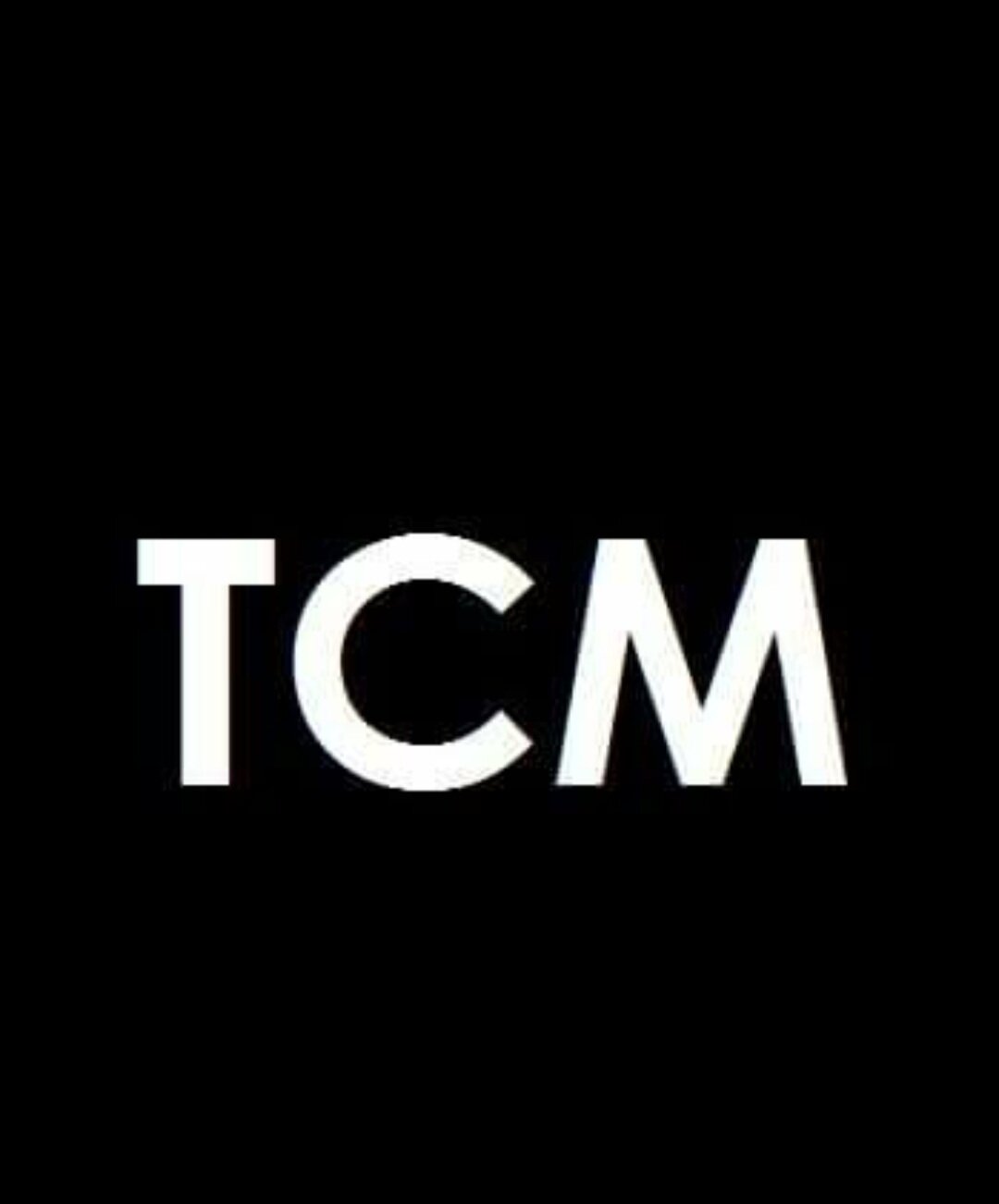A Night at the Toronto Symphony Orchestra: An Alpine Symphony
/By: Zena Rebello
As a 20th century history buff and frequent patron of the Toronto Symphony Orchestra (TSO), I was thrilled to attend a live performance of Richard Strauss’ An Alpine Symphony. As part of the TSO's The Decades Project, its aim was to expose audiences to the mix of excitement, ingenuity, trepidation and emotions of the time by highlighting the music and spirit of the 20th century, one decade at a time.
The night’s program focused on the period from 1910 - 1919 which was largely consumed by apprehension, the ravages of the First World War, and the jubilation of the post-war years. As conductor Sir Andrew Davis pointed out during his preamble into the night’s program, the music of the decade reflected myriad of these emotions.
The program began with the jubilant work of American composer – and former insurance salesman – Charles Ives, entitled Decoration Day which is now known as Veterans Day in the United States. This celebratory orchestral piece which hails New England’s valiant soldiers was followed by the featured works of Czech composer Leoš Janáček and British composer Edward Elgar, which both centred on the themes of war. The former being colourful and grandiose; the latter being evocative and ominous in nature, kindling the regret and remorse of war. I found myself profoundly drawn into the music, with each composer eliciting different emotions. It was evident how the events of the decade impacted orchestral composition at the time.
During the intermission, the audience was serenaded by a special performance of the alphorn. The musicians were dressed in traditional Swiss Alpine attire and played their alphorns (long alpine horns) which were originally used for driving cattle up the mountains. I had only ever seen this instrument played by cartoon characters. To experience the alphorn live was magnificent! Its sound were both beautiful and bold, melodic and dominant. This was a harbinger for the focal piece of the evening.
After the intermission, I could see the orchestra reassembling. The various instruments being brought onto the stage included two harps, two sets of timpani, a plethora of horns and a wind machine. I had never witnessed such a massive ensemble of instruments before. As the orchestra began to play, Roy Thomson Hall was transformed into the Alpine hills.
The symphony – which is actually more like a tone poem – illustrated Strauss’ boyhood adventures in ascending and descending a mountain over a 24 hour period. The music started dark and low-pitched, then rose with splendour to mimic the rising sun. Themes of forests, flowering meadows and an alpine pasture complete with the sounds of cowbells and bird-songs were captivating. From the light percussion and wind machine emulating a waterfall to the climax of the trek when the summit is reached, the orchestra held the audience with every note.
The music then took a thunderous turn signifying an alpine storm where every instrument was banged, plucked, blown and strung in ordered chaos. Watching the musicians play their instruments in unison, with such intensity was the highlight of the evening. This instalment of the Decade’s Project was intoxicating and I look forward to experiencing the 1920s with the TSO!
To learn more about the Toronto Symphony Orchestra, visit tso.ca.
Photo by Malcolm Cook.
Zena Rebello is an environmentalist, traveller and budding blogger. She has a Masters degree in Atmospheric Science and is always looking for exciting adventures which introduce her to new foods, cultures, and people.














